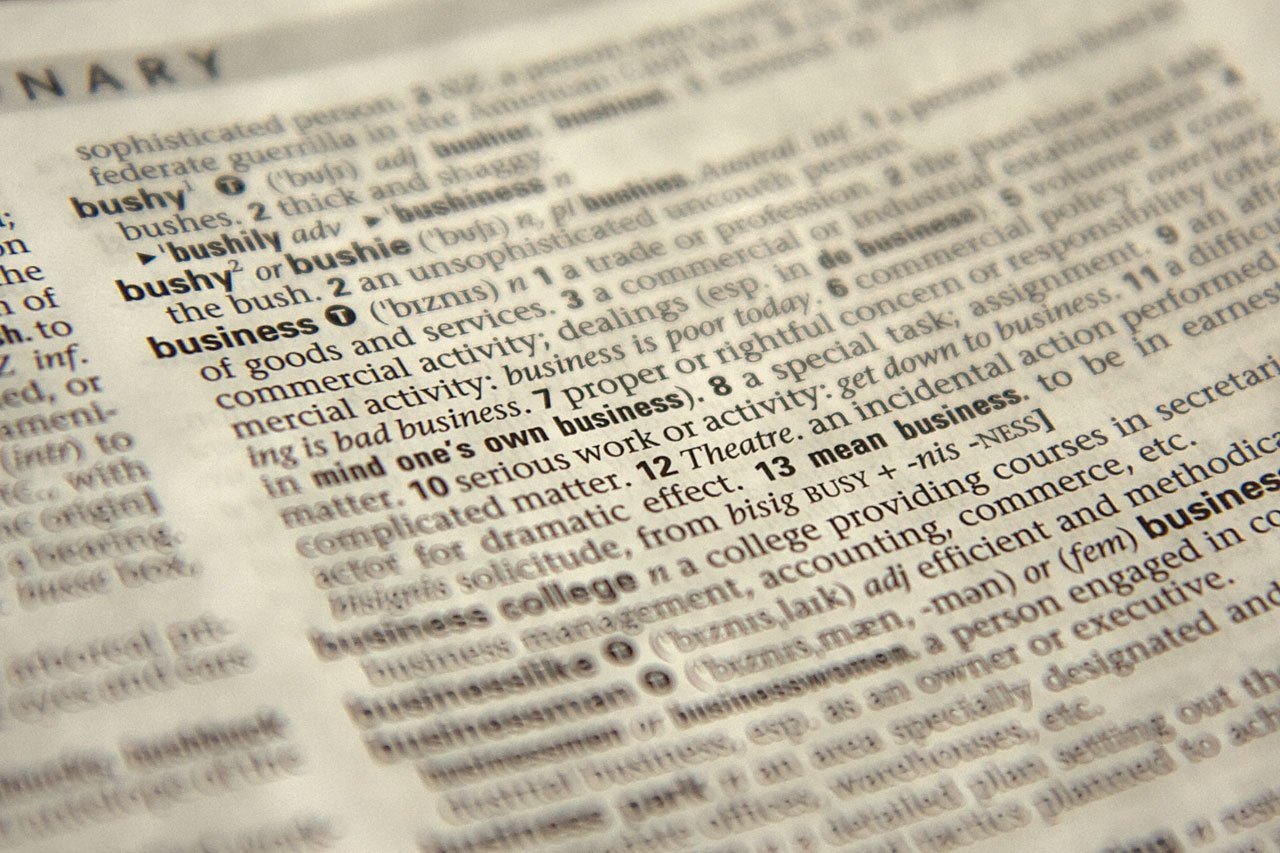
Some freshmen who come to U.S for the first time may become quite puzzled about some words and phrases on bills of bank accounts and statements of credit card, such as: What is APR? What is Hard Pull? The short post comes for helping them understand their meanings.
Contents
1. What is Balance?
Simply put, Balance is the remaining sum or arrears of the current account. As for Checking Account, balance is the current remaining sum. For Credit card it means how much you owe the bank.
2. What is Statement Balance?
It is the remaining sum or the total arrears when the bills are produced. What needs to be noted is that generally speaking, those pending transactions do not belong to the statement balance which later will be listed in another bill.
3. What is Billing Cycle?
In a word, billing cycle is the period of time between the day after the last statement closes and the day when the current statement closes
4. What is Pending/Posted Transaction?
When using the credit card, your record of consumption will not appear on the bill instantly; it will exist in the form of pending transaction. After a while when the bill has been finished being cleaned, this consumption will be shown in the posted transaction.
Pending Transaction has nothing to do with the balance, but it affects your current credit line available. Only when the transaction is posted will balance be listed.
However Pending Transaction can still change. For example, friends gather in the restaurant for dinner and finally they cost $20. The credit card is handed to the waiter for the bill before he returns and asks to have tips written, say, 15%. Even the total bill together with the extra tips have been paid, you will only find the pending $20. And when the restaurant finishes all the necessary operations the pending $20 will be changed to the posted transaction of $23.
5. What is Balance Transfer?
Balance transfer means to transfer the balance from one credit card to another credit card, it usually comes with high fees, it’s for people who can’t pay the full debt in time and want to save some interests. Basically the readers of this blog don’t need to use this feature.
6. What is Cash Advance (CA)?
It is to withdraw cash from credit card. And it is only for urgent purpose because the service charge is too high at other time and once cash is withdrawn the interest begins.
7. What is Annual Percentage Rate (APR)?
Interest rate normalized in a year.
8. What is Annual Fee (AF)?
Unlike the credit card in China which can be free of annual fee after being swiped for a certain number of times, American credit card has annual fees according to the rules. But there are benefits for customers who might get credit card one-year-free-of-AF.
9. What is Direct Deposit (DD)?
Deposit means saving money. On ATM, you can find the buttons of “deposit a check” or “deposit cash”. Companies or schools may choose to pay you by check, then you need to deposit the check in the bank. Of course, the much easier and more direct way is to put salary directly in your card. That is Direct Deposit. I have repeated it for so many times. What is Direct Deposit has some more detailed explanation for this concept.
10. What is Hard Pull (HP)?
You may hear of it for many times from different groups of people. Generally speaking, when you apply for credit card or loans, the other party, namely bank, dealer, supplier, etc. would get information about your credit report. You are asked to authorize them to obtain your credit report in the Credit Bureau. That is Hard Pull. Then your credit report would exist on your credit record. But HP is only seeable within two years, so many say HP only exists for two years.
We have mentioned in the Introduction to Credit Report that there are three Credit Bureaus in the U.S. where your credit reports are located respectively. When conducting HP, the other party might choose one or more than one of the three Credit Bureaus for your credit report. So it is quite normal to see different numbers of HP in your credit reports of the three Bureaus. Currently, when one applies for card, some banks tend to use Pull Experian and you will find that the HP number on the Experian is more than that on the reports of the other two Bureaus. That is also common.
HP does have something to do with your credit score, but your score will not fluctuate drastically wholly due to the HP. There is no point worrying that HP will destroy your entire credit score or even abusing HP randomly.
